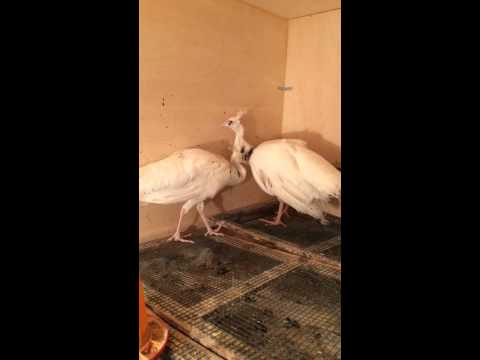- Thread starter
- #31
- Apr 23, 2014
- 2,088
- 274
- 251
Good Morning, Thank you so much for your help, the birds look better today(if i'm not mistaken), i will upload recent video for them, i think i could find amrolium here, can i give them amrolium monthly or what? I have talked with my vet who usually worm my adult birds(with injections), he will come on Friday so i have to wait.Othman, is there any way that you can obtain amprolium? It is widely obtainable here, so if you cannot find it, I can perhaps mail you some. You can use it as a preventative in order to prevent and control outbreaks of coccidia.
As Zaz reminded me yesterday, you can't use amprolium at the same time as the sulfa drug that you are now giving the sick birds, but you can administer it to the rest of your flock, and then use it preventatively in the future. @casportpony can explain this better than I can. She will also probably want permission to use those poo pics on her normal/abnormal poo thread, if you do not mind. One of the biggest benefits to this forum is the ability to communicate helpful information to others.
Coccidia is most dangerous to the young peas, as the adults' immune systems gradually develop the ability to manage coccidia. However peas of any age can become ill from coccidia when there is an outbreak, particularly if they are stressed or ill from some other cause, such as worms or perhaps a respiratory illness.
I hope your birds are beginning to improve, and that no new sick ones have turned up. It would be wise to check poo for the lot of them, and for those not showing signs of illness, treat with amprolium to be safe.
Of course Kathy can use these pictures, and here are some new poop pictures, from the two sick birds:
The first one almost look normal isn't?




